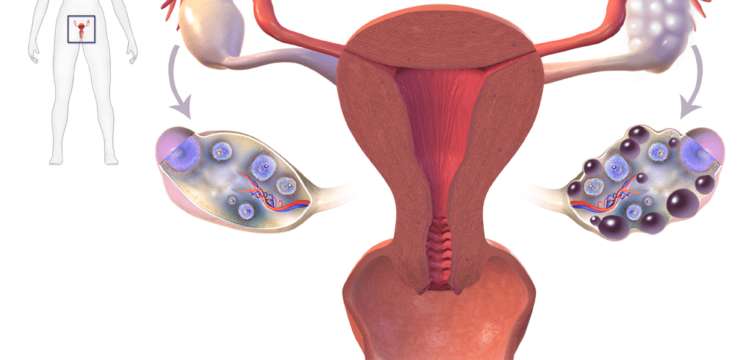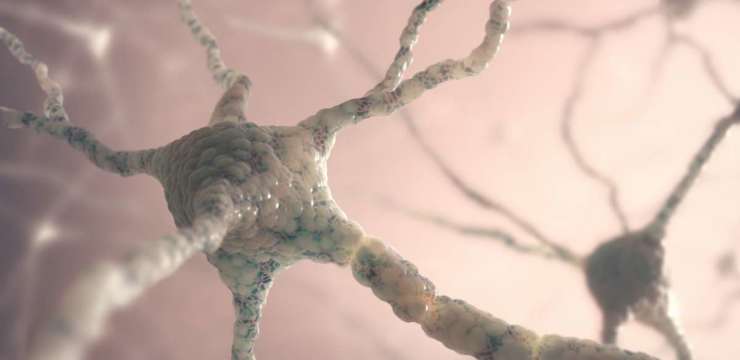The prevalence of PCOS in women of reproductive age varies but has been reported to be around 6%-19% of this population. This condition’s etiology relies…

Functional medicine is an evolution in the practice of medicine that better addresses the healthcare needs of the 21st century. By shifting the traditional disease-centered focus of medical practice to a more patient-centered approach, functional medicine addresses the whole person, not just an isolated set of symptoms. Functional medicine practitioners and health coaches spend time with their patients, taking a detailed history, listening to their background and stories, and looking at the interactions among genetic, environmental, and lifestyle factors that can influence long-term health and complex, chronic disease. In this way, functional medicine supports the unique expression of health and vitality for each individual.
By changing the disease-centered focus of medical practice to this patient-centered approach, our physicians are able to support the healing process by viewing health and illness as part of a cycle in which all components of the human biological system interact dynamically with the environment. The human body all acts together. There are many systems but they all influence each other to maintain homeostasis. Functional medicine takes this understanding of the body and instead of sending the patient to multiple specialists for each system, it treats the body as a whole. This process helps to seek and identify genetic, lifestyle, and environmental factors that may shift a person’s health from illness to well-being.

The prevalence of PCOS in women of reproductive age varies but has been reported to be around 6%-19% of this population. This condition’s etiology relies…

Have you ever noticed that the human is the smallest newborn mammal? It turns out that we are born, and we are so immature that…

Stress, like inflammation, is a natural response. We need stress to function on a normal basis.  So, when the question arises, “Are you stressed?†the…

A woman’s concerns about her endocrine health will be on her mind each month from age 12. Indeed, hormonal cycles will always lead to a…

Endocrine function tends to decline with age, hormonal disorders, lifestyle, stress, and nutritional intake. Therefore, providing knowledge about how macro and micronutrient supplementation can improve…

One of the most common metabolic and endocrine conditions in women is PCOS (polycystic ovarian syndrome). PCOS affects 5-15% of women of reproductive age and…

Dietary changes, physical activity, and overall lifestyle modification have become cornerstone interventions to improve cardiometabolic disease outcomes. Despite the outstanding diffusion of treatment guidelines to…

The science behind lifestyle changes. The number of research studies that link beneficial health effects and lifestyle changes is high, and they can’t be wrong.…

The global death rate of cardiac diseases is 30%, despite all the medical advances and treatments. The main factors involved in these conditions are high…

Inflammation is something we are all familiar with. We know the precursors and how to measure it. Besides, we know that is needed…

Increased intestinal permeability is the gateway to autoimmune diseases. It has become well-known that intestinal permeability is the third element leading to autoimmune pathogenesis along…

Gluten related diseases are a global phenomenon. The numbers are outstanding; 10% of the global population reports having wheat sensitivity, and 1% is diagnosed with…

Our gastrointestinal tract hosts more than 1000 species of bacteria that work symbiotically with us to promote a balanced immune system, metabolize nutrients, harvest energy,…

What is Neuroinflammation? Neuroinflammation is an inflammatory response that involves brain cells such as neurons and microglia. Inflammation is an essential part of our biological…


What is it? How to treat it? We all have gastrointestinal disturbances, some of them can be mild, and other ones may feel terrible to…

Allergies have been around for what it seems like forever. Most of our patients suffer from environmental or seasonal allergy. Most of the patients with…